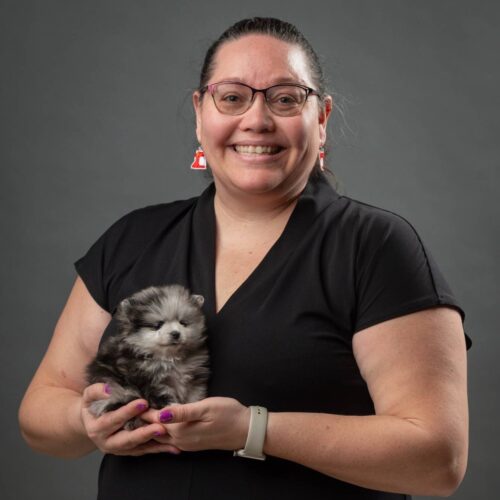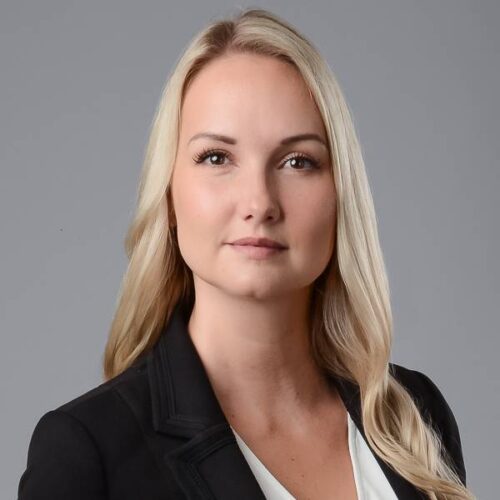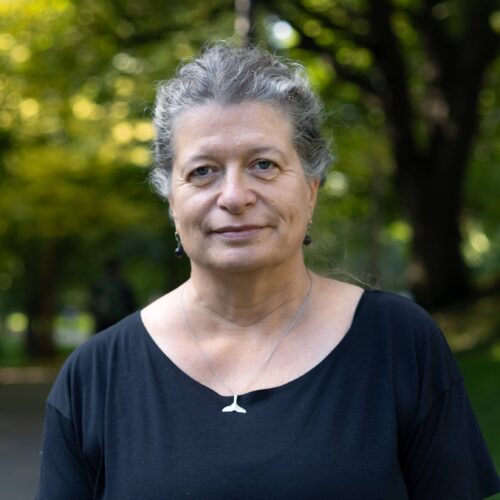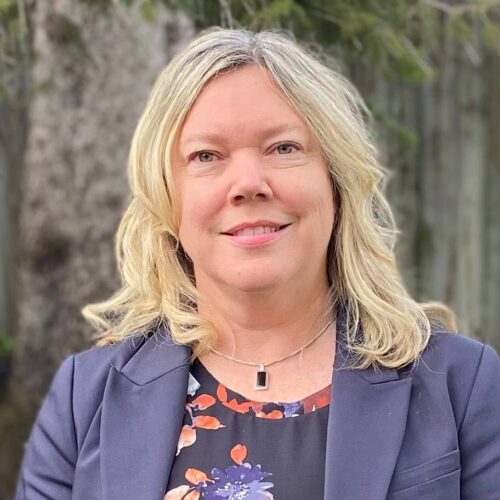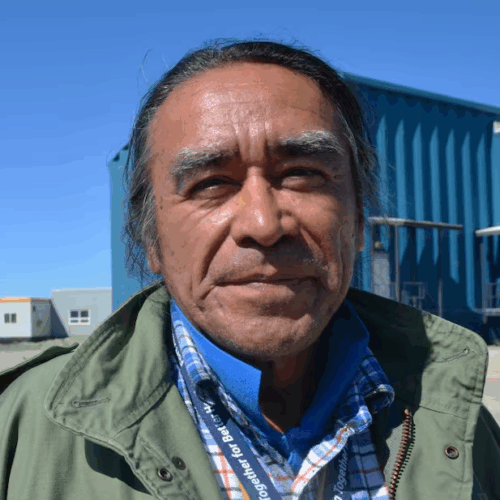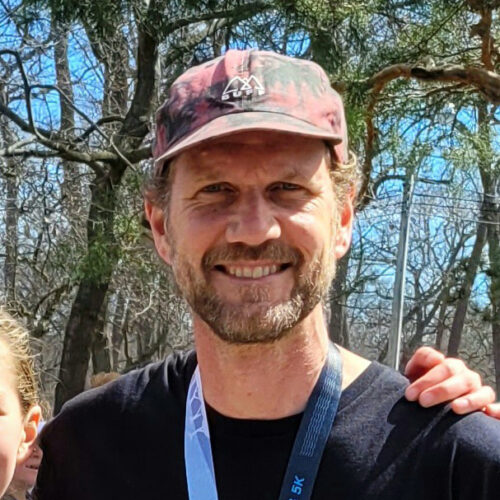2025 OAIA Conference
Infrastructure, the Environment & Society
Assessments to Connect, Power, House, & Protect for a Sustainable Future in an Uncertain Geopolitical & Natural World
November 3rd & 4th at the Ontario Bar Association, Toronto
"for a sustainable future..."
EA & IA practitioners are at the cornerstone of a major societal and environmental transition...
This year’s conference theme recognizes the key role transformative infrastructure will play during uncertainty in the geopolitical, societal and natural world. Infrastructure enables trade, powers businesses, connects workers to their jobs, creates opportunities for communities and protects the nation and its citizens from an increasingly unpredictable natural environment.
Read More
A message from OAIA President, Beth Williston
In 2025, we saw many changes in Impact and Environmental Assessment policy, meaningful Indigenous relationship building, and detailed design and construction approvals and techniques. Our conference is designed to delve into these changes...
Read More
Thank You
Sponsors

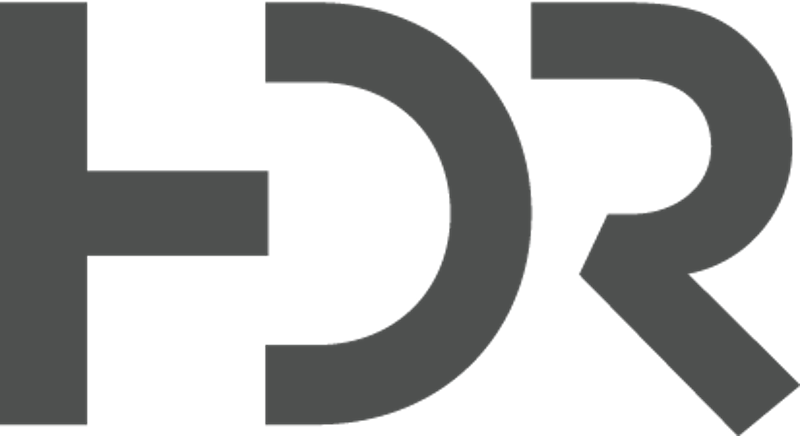

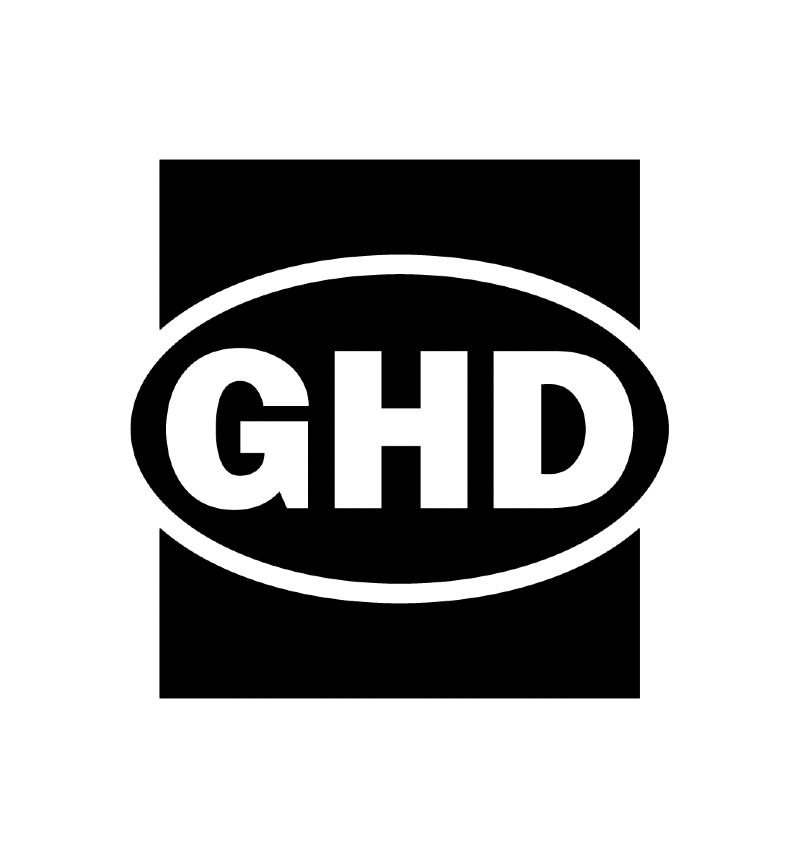
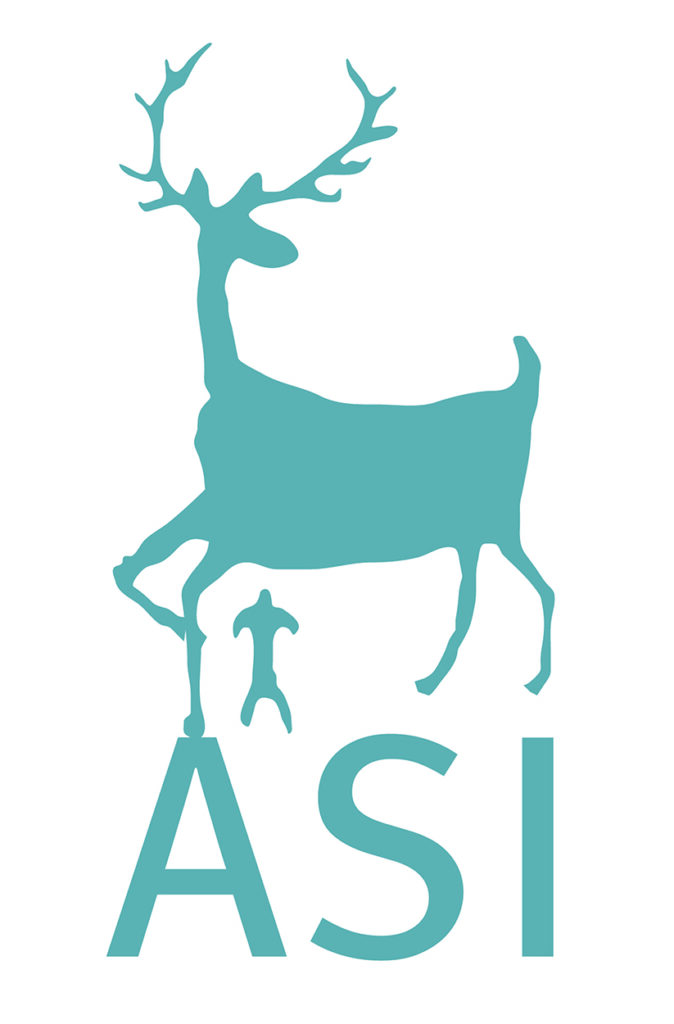

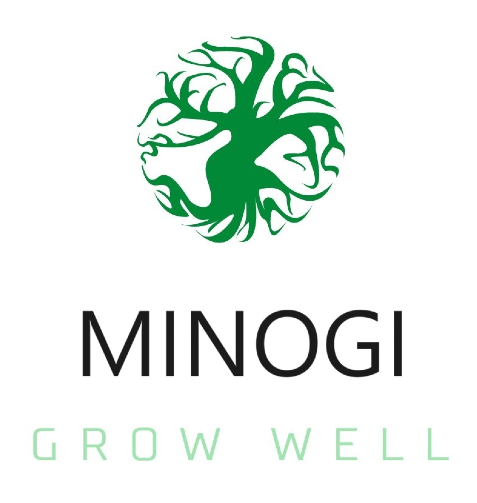
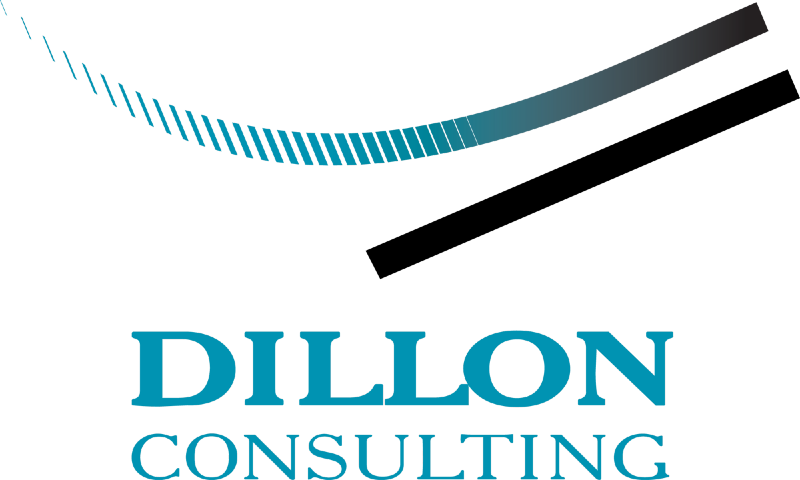
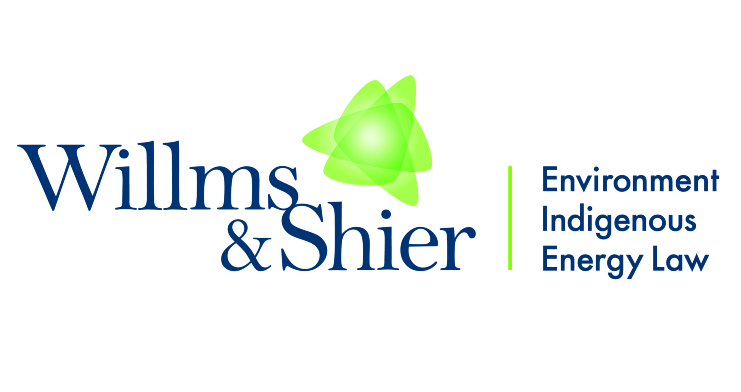


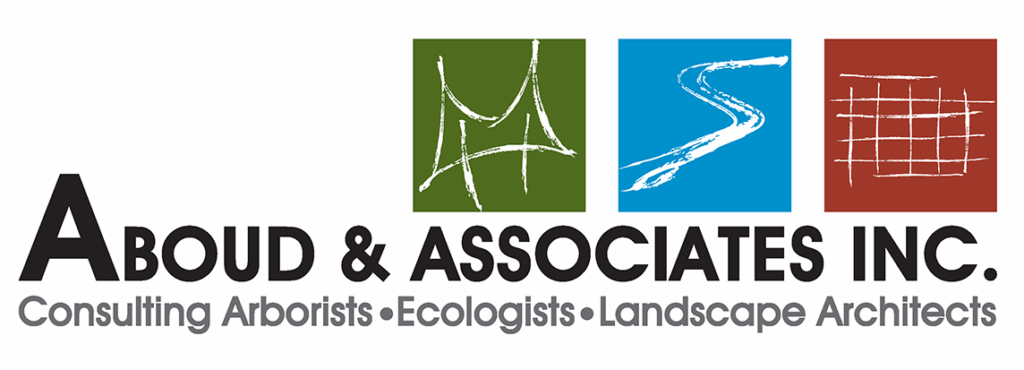
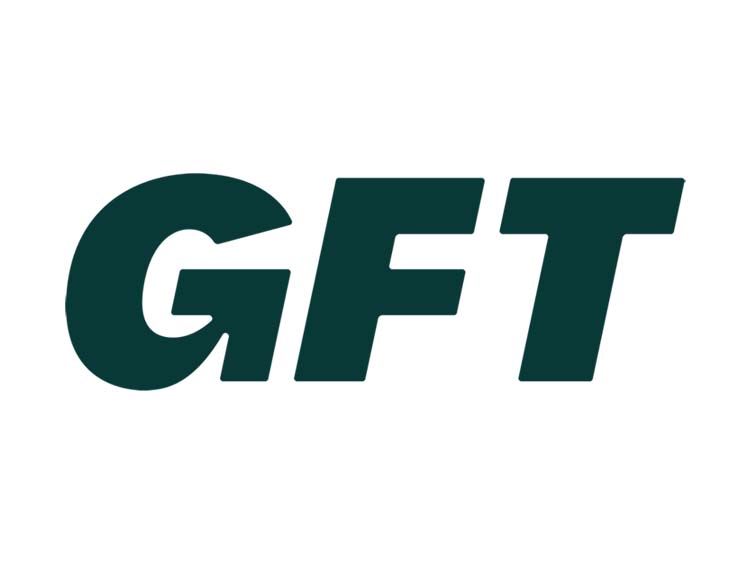
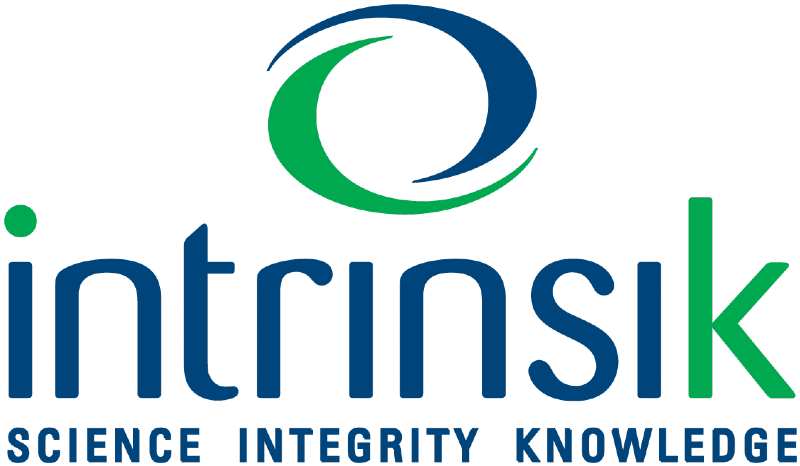


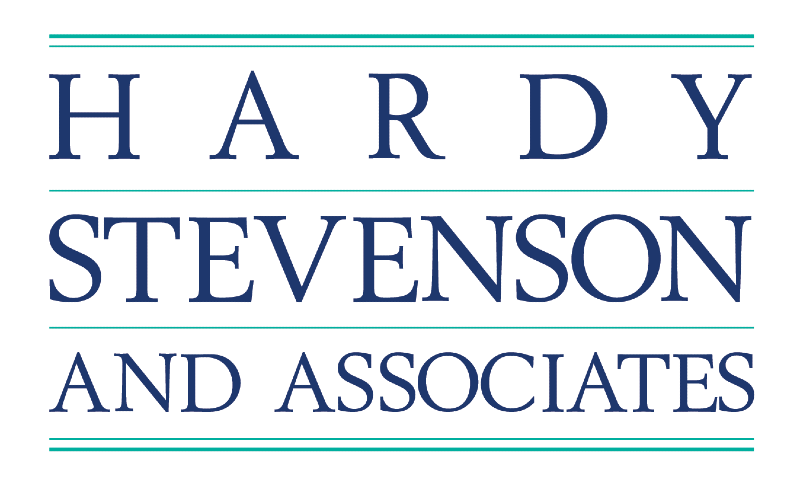
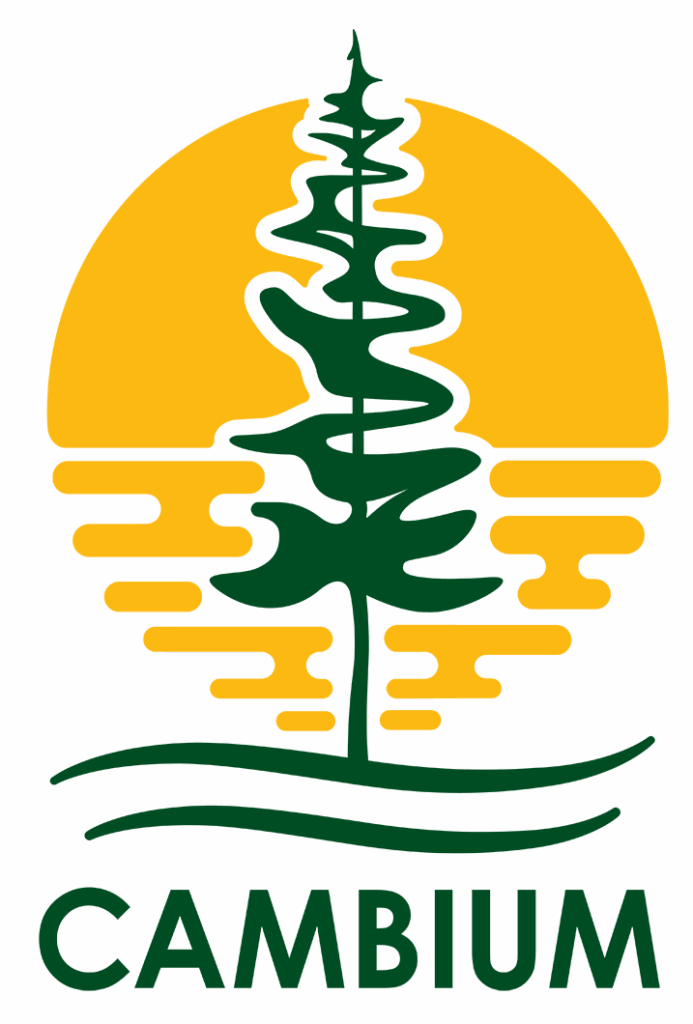
November 4th & 5th, 2025
Scheduled
Sessions
- All Topics
- Break
- Interactive
- Opening & Closing
- Panel Discussion
- Session 1
- Session 2
- Session 3
- Session 4
- Session 5
- Session 6
- Session 7
- Session 8
Day 1
Day 2
- 09:00 - 10:00
Welcome - Day 1
Elder traditional opening and land acknowledgement discussion.Opening & ClosingWhereGrand Salon 
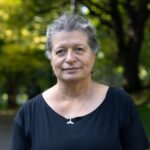
 10:00 - 11:00
10:00 - 11:00Opening Panel - Differing Perspectives & Complex Tensions: Considerately Furthering Societal Interests
By Jon Pounder Stantec, Justina Ray Wildlife Conservation Society Canada | University of Toronto | Trent University., Michael Fox Indigenous & Community Engagement, Brian Budd DPRA CanadaExperience has shown that reconciling the goals of environmental protection, economic development, and social equity remains difficult, and at times, deeply contested. Rather than assuming alignment, this panel brings together distinct viewpoints that reflect the diversity of approaches and trade-offs at play. Panelists will consider how Canada’s constitutional division of powers, evolving legislative frameworks, and assessment processes shape the possibilities -- and limitations -- of environmental and impact assessment in supporting decisions. The conversation will include attention to Indigenous leadership and participation, the role of assessments in biodiversity conservation, and the pressures posed by growing demands in areas such as energy, housing, and infrastructure. At a time of geopolitical, environmental, and social uncertainty, this discussion aims to provoke thoughtful dialogue about what is at stake in today’s development decisions, and how assessment practice might respond.
Session Facilitator: Anjala PuvananathanOpening & ClosingWhereGrand Salon- 11:00 - 11:20
Break & Networking - Day 1 (1/3)

 11:20 - 11:35
11:20 - 11:351(A) - Designing & Implementing Involved Assessments to Achieve Stronger Project Outcomes
By Jennifer Heneberry DPRA Canada, Timm Rochon Socio-economic IA & Indigenous EngagementWhen aiming to assess and manage socio-economic effects in an era where streamlining assessments is a policy priority, participatory models can support greater transparency and trust building at the outset of project development, which can enhance the legitimacy and quality of decision-making. Traditional predictive approaches tend to overlook important local context and unique features, especially in remote, northern, and Indigenous communities. This presentation will showcase how participatory approaches can be more effective at supporting meaningful engagement, identifying potential impacts and developing more appropriate, community-supported mitigations, adaptive management and monitoring.
Session Facilitator: Alexia Miljus, GFTSession 1WhereGrand Salon 11:35 - 11:50
11:35 - 11:501(B) - Transforming Infrastructure Planning with Advanced Geospatial Routing Technology
By Brandon Fox Dillon ConsultingAs infrastructure projects grow in complexity and public scrutiny intensifies, decision-makers are under increasing pressure to deliver plans that are faster, smarter, and more transparent. This presentation introduces a cutting-edge geospatial routing solution that empowers energy, transportation, and environmental planning teams to optimize infrastructure siting. This cloud-based technology leverages real-time geospatial data, customizable constraints, and powerful 3D visualization to analyze thousands of routing alternatives in minutes—significantly reducing manual effort and stakeholder friction. Whether planning power lines, pipelines, or transit corridors, teams can quickly identify technically viable, cost-efficient, and publicly acceptable routes, all while improving cross-departmental collaboration and regulatory alignment.
Session Facilitator: Alexia Miljus, GFTSession 1WhereGrand Salon

 11:50 - 12:10
11:50 - 12:10Q & A with Session 1 Speakers
By Timm Rochon Socio-economic IA & Indigenous Engagement, Brandon Fox Dillon Consulting, Jennifer Heneberry DPRA Canada- 12:10 - 13:10
Lunch - Day 1
 13:10 - 13:25
13:10 - 13:252(A) - Diverting Waters: Examining the Potential for Community-Based Strategic Environmental
By Julia Tays University of Manitoba,This presentation will focus on opportunities for implementing community-based strategic environmental assessment (CBSEA) using the example of micro and mini hydropower (MHP) development in the Kullu District, Himachal Pradesh, India. CBSEA provides an alternative to traditional assessment tools because the process is conducted by community members, ensuring their concerns and local knowledge are considered, while also engaging community members in strategic thinking. CBSEA has been little studied, and this case study presentation will discuss opportunities and barriers for CBSEA in decision-making.
Session Facilitator: Alexia Miljus, GFTSession 2WhereGrand Salon

 13:25 - 13:40
13:25 - 13:402(B) - Technical Working Group: A forum for Indigenous Collaboration in Assessments
By Grant Jensen Impact Assessment Agency of Canada, Eve Mcleod Norberg Impact Assessment Agency of Canada, Larissa Goshulak Impact Assessment Agency of CanadaOptimally prepared technical studies from a proponent are informed by input from participants in the assessment process, including Indigenous communities. To support the proponent to achieve this outcome and to ensure Indigenous collaboration in federal impact assessments, practitioners at the Impact Assessment Agency of Canada formed a technical working group for the Crawford Nickel Project. The technical working group, which included participation from Indigenous communities, government experts and the proponent, enabled improved transparency as well as early and collaborative issue resolution, even prior to the formal submission of effects assessment studies by the proponent to Impact Assessment Agency of Canada.
Session Facilitator: Alexia Miljus, GFTSession 2WhereGrand Salon 13:40 - 13:55
13:40 - 13:552(C) - Bringing REA Back - The Re-invigoration of Renewable Energy Approvals
By Lindsay Frith StantecFollowing the repeal of the Green Energy Act and the cancellation of the Feed-in Tariff (FIT) contracts, which encouraged greater use of renewable energy sources, Renewable Energy Approvals (REA) approvals in Ontario have been relatively few and far between. Recently, the Independent Electricity System Operator (IESO) issued a request for proposals and resulted in numerous proponents proposing new wind and solar projects. However, the REA process is now complicated by contemporary IESO requirements, changes and proposed changes in the regulatory landscape, and a reduced familiarity with the REA process by regulators, proponents, and practitioners. This presentation will explore use of desktop tools to determine site suitability which helps rule out sites that will not be viable based on environmental and land use constraints. This presentation will contrast REAs of the past versus now and identify some of the challenges and solutions to manage the IESO expedited procurement timelines and a lengthy approvals process.
Session Facilitator: Alexia Miljus, GFTSession 2WhereGrand Salon

 13:55 - 14:15
13:55 - 14:15Q & A with Session 2 Speakers
By Eve Mcleod Norberg Impact Assessment Agency of Canada, Julia Tays University of Manitoba, , Lindsay Frith Stantec, Larissa Goshulak Impact Assessment Agency of Canada, Grant Jensen Impact Assessment Agency of Canada- 14:15 - 14:40
Break & Networking - Day 1 (2/3)


 14:40 - 15:40
14:40 - 15:403(A) - Panel Discussion | Indigenous Proponent Perspectives: Assessing Aboriginal & Treaty Rights
By Alana Vigna Dillon Consulting, Andrea Nokleby Dillon Consulting, Qasim Saddique Suslop, Chief Bruce Achneepineskum Marten Falls First Nation, Bob Baxter Marten Falls First Nation, Lawrence Baxter Marten Falls First Nation, Jennifer Bruin J. Bruin & AssociatesThis presentation will focus on Marten Falls First Nation's (MFFN) experience as a proponent of the Marten Falls Community Access Road project in Ontario. The assessment of Aboriginal and/or Treaty Rights and Interests (ATRI) was undertaken while balancing responsibilities as a proponent, cultural sensitivity, and advancing self-determination. The panel will examine the complexities of conducting ATRI assessments as an Indigenous proponent for other Indigenous communities and organizations. The discussion would touch on questions such as “how can Indigenous proponents get comfortable assessing ATRI?” Panelists would share important perspectives on how MFFN's work contributes to shaping a future where Indigenous communities lead in the environmental sector as proponents, while upholding their own ATRI and the ATRI of others.
Session Facilitator: Alexia Miljus, GFTPanel DiscussionSession 3WhereSalon 2 & 3

 14:40 - 15:40
14:40 - 15:403(B) - Interactive | Trends in Indigenous Engagement & Participation in the Webequie Supply Road Project
By Marian Tibor-McMahon Indigenous & Community Engagement, James McMahon Indigenous & Community Engagement, Michael Fox Indigenous & Community EngagementThe Webequie Supply Road project offers a leading example of how Indigenous-led infrastructure initiatives are transforming engagement and participation in northern Ontario. This presentation highlights emerging trends in formal consultation and Indigenous participation through direct involvement in socio-economic research, traditional knowledge studies, and field-based assessments that advance self-determination and local capacity. The session will further explore the growing use of AI in data management and the challenges it poses to OCAP® principles.
Session Facilitator: Anjala PuvananathanInteractiveSession 3WhereSalon 1- 15:40 - 15:50
Break - Day 1 (3/3)

 15:50 - 16:05
15:50 - 16:054(A) - Efficiency for Whom? GBA+ & the Energy Transition
By Mackenzie Zacharias University of Winnipeg, Patricia Fitzpatrick University of WinnipegIntersectional analysis is under-utilized across Canada. In the context of regulatory efficiency and the push for rapid development, this presentation showcases preliminary findings of a project designed to understand if, and how, legislative and policy developments, particularly related to mining and energy, align with principles and practices to make development processes accessibility, including access for queer, LGBTQ2S+, and disabled peoples. Findings are based on a robust review of literature and preliminary survey and workshop data from the International Association of Impact Assessment (IAIA) 2025 Conference. The presentation will explore barriers to including gender-based analysis plus (GBA+) in assessment decision-making processes.
Session Facilitator: Anjala PuvananathanSession 4WhereGrand Salon
 16:05 - 16:20
16:05 - 16:204(B) - Collaboration with Indigenous Communities in Health Impact Assessment (HIA)
By Camryn O’Keeffe WSP, Lindsay McCallum WSPThe Truth and Reconciliation Commission of Canada and the United Nations Declaration on the Rights of Indigenous Peoples (UNDRIP) emphasize the importance of meaningful engagement with Indigenous communities. Health Impact Assessment (HIA) is a systematic step-by-step process that aims to identify impacts of proposed actions on community health. Involving Indigenous communities at each of step of this process enables practitioners to use culturally appropriate methodologies and facilitates meaningful collaboration. This presentation will review examples of Indigenous engagement throughout the HIA process in practice and discuss the challenges, opportunities, and how Indigenous collaboration approaches can lead to more equitable and effective outcomes for Indigenous communities.
Session Facilitator: Anjala PuvananathanSession 4WhereGrand Salon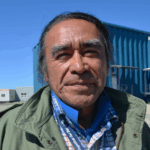
 16:20 - 16:35
16:20 - 16:354(C) - Omushkegowii Askiwii Manichedowin (conserving mushkegowuk lands)
By Leo Metatawabin Fort Albany First Nation, Vanessa Rowena Gloria (Macumber) Genier Quilts for SurvivorsAt the 2024 OAIA Conference, Omushkegowii Askiwii Manichedowin, a project to conserve mushkegowuk lands, was presented at its initial stages. One year on, the 2025 presentation will focus the work of a formal working group to engage community members, including elders, in a community led, council supported, process. For 2025/2026, the working group would prioritize work in communities, emphasizing shared values and participation of elders, so as to implement the United Nations Declaration on the Rights of Indigenous Peoples (UNDRIP), the Truth and Reconciliation Commission (TRC) calls to action, and follow the First Nations principles of ownership, control, access, and possession (OCAP). The overall objective of the work is to create a resource toolkit and community led and housed impact assessment course. The expected outcome would be informed decision-making and meaningful participation for community specific project assessments; as well as capacity to build partnerships and lead assessments in the future.
Session Facilitator: Anjala PuvananathanSession 4WhereGrand Salon

 16:35 - 16:55
16:35 - 16:55Q & A with Session 4 Speakers
By Camryn O’Keeffe WSP, Mackenzie Zacharias University of Winnipeg, Leo Metatawabin Fort Albany First Nation, Patricia Fitzpatrick University of Winnipeg, Vanessa Rowena Gloria (Macumber) Genier Quilts for Survivors, Lindsay McCallum WSP- 17:00 - 20:00
Networking & Socializing
Complimentary appetizers and cash bar.BreakWhereLobby & Lounge
- 09:00 - 09:10
Welcome - Day 2

 09:10 - 09:25
09:10 - 09:255(A) - Environmental Assessment Modernization in Ontario
By Jennifer Moulton Ministry of the Environment, Conservation and Parks (MECP), Peter Brown Ministry of the Environment, Conservation and Parks (MECP)Ontario has been transforming its environmental assessment (EA) program to better serve the province’s environment, economy and communities. This presentation, delivered by the EA Modernization Branch from the Ministry of the Environment, Conservation and Parks (MECP), will highlight key EA modernization initiatives, including ones that have been successfully implemented and others that are currently underway. Ontario aims to deliver faster, simpler, smarter EAs by making practical changes that maintain environmental oversight while reducing duplication, improving clarity and minimizing project delays.
Session Facilitator: Faiza WaheedSession 5WhereGrand Salon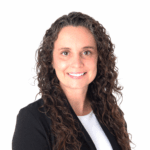 09:25 - 09:40
09:25 - 09:405(B) - Integrating EA & Permitting: Legislative Trends in Ontario & British Columbia
By Shannon McNeill Environmental PlannerThis presentation will offer a comparative analysis of legislative and regulatory approaches to environmental assessment (EA) and permitting integration in Ontario and British Columbia, with a focus on recent developments affecting infrastructure and energy projects. In Ontario, evolving policy directions aim to streamline approval processes, reduce administrative duplication, and accelerate project timelines. Meanwhile, British Columbia continues to refine its “one-window” regulatory model, which seeks to harmonize EA and permitting while maintaining environmental safeguards. This presentation will examine whether a balanced approach to environmental assessment and permitting integration is achievable in Ontario and British Columbia. It will explore how legislative changes, institutional coordination, and procedural reforms can influence the ability to support timely infrastructure development while safeguarding ecological and social values. By analyzing the integration of environmental assessment and permitting in Ontario and BC, the session will aim to identify best practices and cautionary lessons for policymakers, regulators, and stakeholders navigating the complex intersection of development and environmental protection.
Session Facilitator: Faiza WaheedSession 5WhereGrand Salon
 09:40 - 09:55
09:40 - 09:555(C) - Ontario's Free-Entry Mining Regime Undermines Indigenous Rights & Environmental Protection
By Connie O’Connor Wildlife Conservation Society Canada, Laura Tanguay Harvard UniversityOntario’s free-entry mining system allows prospectors to stake mineral claims on Indigenous territories with minimal oversight and no prior consultation. Once staked, these claims grant exclusive exploration rights—often in ways that physically disturb culturally and ecologically significant areas. The duty to consult First Nations is triggered only when prospectors apply for a mineral exploration permit. This presentation will highlight, as illustrated in the Mineral Tracker developed by Wildlife Conservation Society Canada, challenges with these practices in high-activity regions like the Ring of Fire due to the volume of exploration notifications requiring review by Indigenous communities of the implications to continued traditional uses and cultural practices.
Session Facilitator: Faiza WaheedSession 5WhereGrand Salon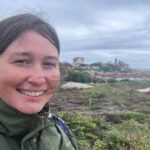 09:55 - 10:10
09:55 - 10:105(D) - How Natural Resources Canada Tools & Expertise Support Major Project Assessments
By Christina Clarke Natural Resources CanadaNatural Resources Canada (NRCan) is supporting the federal government’s on-going efforts to improve the coordination of impact assessments across jurisdictions to streamline assessments, under the principle of one project, one assessment. To assist project-level reviews, NRCan has a wide array of multidisciplinary expertise and tools, including but not limited to:
- Open Science and Data Platform, a hub providing access to Federal/Provincial/Territorial government data, science and regulatory information - Technical and scientific advice-based on the department’s diverse, scientific research mandate (e.g., mine waste characterization and management, groundwater and hydrogeology, economic and competitiveness analysis, etc.) - Baseline data and research (e.g., earth observations and analysis of geochemistry reviews) - Proponent engagement (e.g., Mining Application Navigator) - With new legislation and shortened timelines, NRCan’s expertise and tools are well-positioned to help government adapt to expediated processes.
Session Facilitator: Faiza WaheedSession 5WhereGrand Salon

 10:10 - 10:35
10:10 - 10:35Q & A with Session 5 Speakers
By Laura Tanguay Harvard University, Shannon McNeill Environmental Planner, Connie O’Connor Wildlife Conservation Society Canada, Jennifer Moulton Ministry of the Environment, Conservation and Parks (MECP), Peter Brown Ministry of the Environment, Conservation and Parks (MECP), Christina Clarke Natural Resources Canada- 10:40 - 11:00
Break & Networking - Day 2 (1/2)

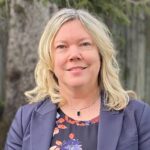
 11:00 - 12:00
11:00 - 12:006(A) - Panel Discussion | Effective Approaches to Indigenous Engagement & Participation in Infrastructure Projects– Alexandra Bridge Replacement Project – Public Services and Procurement Canada (PSPC) Proponent, National Capital Commission (Partner) & Consulting Technical Advisor
By Kevin Coulter Dillon Consulting, Elise Croll Arup, Victoria Donnelly Arup, Ray Gosselin Royal Architectural Institute of Canada, Robert MacDonald ASI Heritage, Rebecca Sciarra ASI HeritageThis session will highlight some of the successful actions taken by the project team to involve Indigenous Communities in the support of building understanding and social license for the project. The case study examined would be the Alexandra Bridge Replacement Project in Ottawa/Gatineau. The panelists will discuss how Indigenous Communities were directly involved in key areas of project planning through participation in Field Studies, Community led Studies, and Interactive Community Engagements.
This inclusive approach contributed to the overall project design, identification and protection of key ecological and heritage features, and economic participation in the project. The common theme of Indigenous contributions will be woven into each area of discussion as a key component. Features of the work include use of the Guardians program in ecological studies, participation of the Anishinabe Odjibikan Indigenous Field School in archaeological investigations, as well as studies performed by Indigenous communities such as Traditional Knowledge Studies, Alternative Means Assessment, and Socio-Economic Studies. These efforts contributed Indigenous knowledge and perspectives to the project; and significantly to influence the Project Design. The panelists will discuss how the Indigenous Cultural Heritage Landscape could contribute to further development of an Interpretation and Commemoration Plan.
Session Facilitator: Faiza WaheedPanel DiscussionSession 6WhereGrand Salon- 12:00 - 13:00
Lunch - Day 2
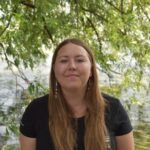 13:00 - 13:20
13:00 - 13:207(A) - Bridging the Gap: Integrating Adaptive Management into Impact Assessment
By Kassandra McKeown Dancer, Hand Drummer & CrafterImpact assessment (IA) processes are often criticized for being technical, one-time process with limited space for local participation or adaptive over time. This presentation explores how integrating adaptive management into IA offers a powerful means to increase both the effectiveness of assessments and the meaningful participation of rights-holders and stakeholders. Adaptive management brings an iterative learning-focused approach that supports the ongoing process of shared understanding and responsive action. A key example explored in this presentation is the Land Relationship Visioning (LRV) Tool – used in Indigenous led land use planning – and demonstrates how communities can co-create long term land stewardship and development visions rooted in cultural values and relationships to the land. The LRV shows how adaptive, participatory methods can reshape assessment practices to reflect local priorities and foster shared responsibility. By drawing lessons from the LRV we aim to outline how adaptive management can help reorient IA toward more just, accountable, and resilient processes.
Session Facilitator: Faiza WaheedSession 7WhereGrand Salon- Navigating uncertainty in a changing regulatory regime is a critical challenge for impact assessment practitioners and those involved in the impact assessment process. This presentation will delve into the various types of uncertainty and explore different perspectives on how to address these uncertainties. The presentation will touch on key types of uncertainty, including process uncertainty, data uncertainty, predictive uncertainty, context uncertainty, and implementation uncertainty and how these inform decision-making. The presentation will incorporate diverse insights from proponents, consultants, Indigenous communities, etc. and discuss impacts to project timelines, identification of effective mitigation measures, and challenges to Indigenous communities as well as their rights and interests. Decisions regarding project investment, professional integrity, social capital, and regulatory approvals often hinge on the ability to identify and manage uncertainty. This presentation bridges diverse perspectives to acknowledge risk and uncertainty while promoting the need for clarity in the impact assessment process to support informed decision-making.
Session Facilitator: Faiza WaheedSession 7WhereGrand Salon  13:35 - 13:50
13:35 - 13:507(C) - Duty to Consult in the Wake of Kebaowek First Nation v CNL & the Future of IAs
By Mina Patel WSPIn Kebaowek First Nation v. Canadian Nuclear Laboratories (CNL), 2025 FC 319, the Federal Court determined that the Canadian Nuclear Safety Commission (CNSC) had breached the Crown’s constitutional obligations to Kebaowek. At the heart of the decision was the United Nations Declaration on the Rights of Indigenous Peoples, including the principle of Free, Prior, and Informed Consent (FPIC). CNL may appeal the decision. This presentation will, regardless of the outcome, discuss whether resource industries should move engagement activities towards consent. This presentation will explore how practitioners can assist Industry and Indigenous communities navigate the changing consultation landscape.
Session Facilitator: Faiza WaheedSession 7

 13:50 - 14:10
13:50 - 14:10Q & A with Session 7 Presenters
- 14:15 - 14:35
Break & Networking - Day 2 (2/2)
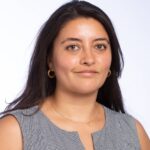

 14:35 - 15:20
14:35 - 15:208(A) - Interactive | Reimagining EAs: AI-Driven Workflows for Smarter, Faster Decisions
By Lucia Jara Moreno Dillon Consulting, Sydney Tasfi Dillon Consulting, Greg Hayes Dillon Consulting LimitedAs the need for major infrastructure projects increases, environmental assessments (EAs) are under pressure to become more efficient, predictive, and collaborative. Artificial intelligence (AI) offers powerful opportunities to reimagine the way we assess and communicate environmental impacts – but how do we make these tools actionable for real-world projects? In this interactive, scenario-based session, participants will explore how AI can enhance key stages of the EA process – from constraint mapping and routing to risk forecasting and stakeholder engagement. After a brief introduction and demonstration, attendees will split into facilitated groups to run through a realistic EA project scenario using AI-enabled decision support tools. Each team will explore different priorities, adjust parameters, and interpret AI-generated outputs to simulate real-life trade-offs and planning dynamics. Together, we will compare results and reflect on how AI can accelerate and enrich EA workflows, while identifying limitations and opportunities for future integration.
Associated Document: Riverbend Trail Link - Fictional Case Study
Session Facilitator: Alexia Miljus, GFTInteractiveSession 8WhereGrand Salon

 15:20 - 15:50
15:20 - 15:50Closing Panel - Differing Perspectives & Complex Tensions: Considerately Furthering Societal Interests
By Jon Pounder Stantec, Justina Ray Wildlife Conservation Society Canada | University of Toronto | Trent University., Michael Fox Indigenous & Community Engagement, Brian Budd DPRA CanadaThe opening panel will be back to provide their impressions on how the 2025 OAIA Conference may have helped further societal interests when faced with different perspectives and complex tensions.
Session Facilitator: Anjala PuvananathanOpening & ClosingWhereGrand Salon- 16:00 - 16:15
Elder Closing
Ontario Bar Association
The Ontario Bar Association Conference Centre is a modern, fully equipped venue in downtown Toronto, offering flexible spaces, advanced AV and hybrid capabilities, and professional event support, ideal for conferences, meetings, and corporate gatherings.
oba.org
Conference Feedback?
We value your feedback. Please take a moment to complete the conference survey.
